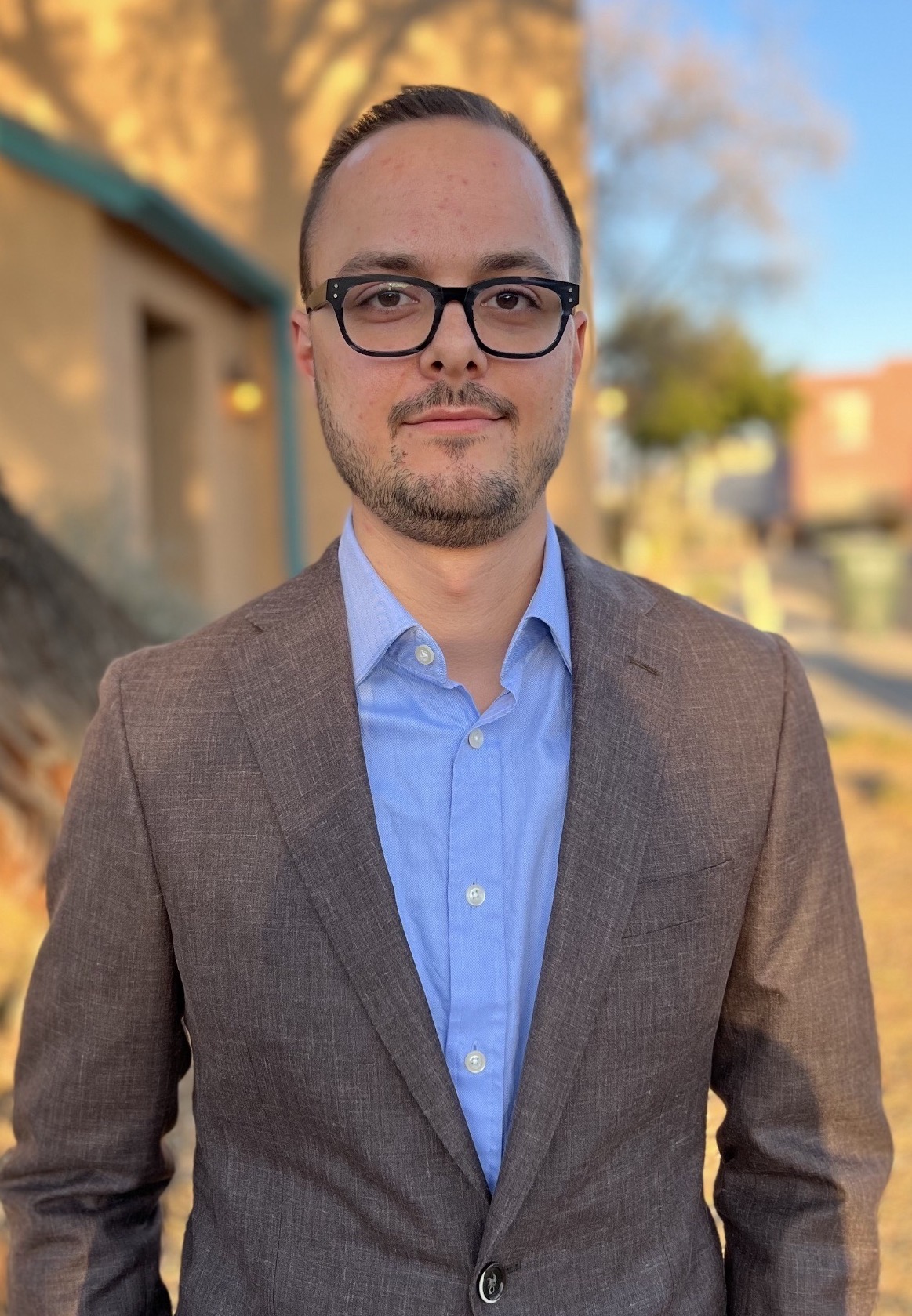Teaching
I take a learner-centered approach to teaching and have taught in both in-person and online format. I also co-facilitate the Integrative Social Sciences Research Lab. Please email me for access to syllabi from previously taught sections of my courses that are listed below.
Criminology
CRIJ 4382 - Social Deviance (Sam Houston State University)
CRIJ 4377 - Drugs & Society (Sam Houston State University)
CRIJ 2362 - Criminology (Sam Houston State University)
SOC 342 - Criminology (The University of Arizona)
The Integrative Social Sciences Research Lab (ISSRL)
The ISSRL is a multi-locational research team based out of Penn State Altoona and Sam Houston State University. The aim is to connect exceptional undergraduate students with graduate students to conduct rigorous research studies under the supervision of faculty advisors. Originally launched while I was an undergraduate student, I now co-facilitate the ISSRL with Dr. Nathan E. Kruis and Dr. Nicholas J. Rowland. This lab produces award winning undergraduate research that is presented at national and regional conferences. It also professionalizes students by facilitating peer-reviewed publishing opportunities, providing CV development support, workshopping statement of purpose letters, and creating opportunities for scholarly and practitioner networking.
